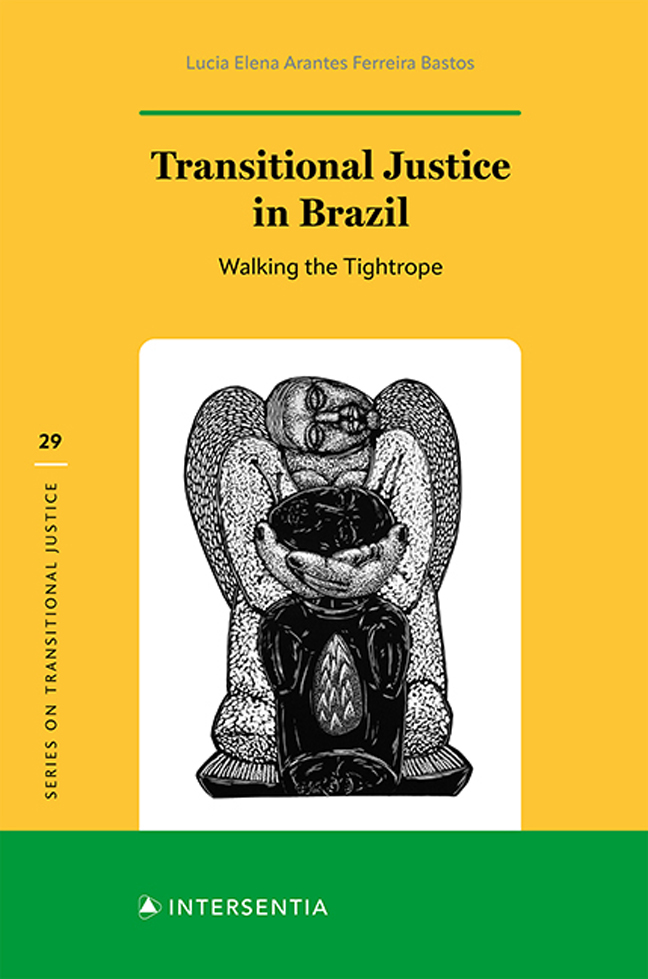Book contents
- Frontmatter
- Foreword
- Acknowledgments
- Contents
- List of Acronyms and Abbreviations
- 1 Introduction: Historical Perspectives from the Brazilian Dictatorship and Transitional Justice Measures
- Part I The Intersection Between Amnesty, the Rule of Law, and Authoritarian Legacies
- Part II Steps Towards Reparations, Accountability, and Truth
- Part III Complex Forms of Reparations, Accountability, and Truth-Seeking: Actors Beyond Agents of the State
- Bibliography
- Index
- About the Author
9 - The Complicity of Corporations and Private Actors During the Dictatorship
Published online by Cambridge University Press: 29 February 2024
- Frontmatter
- Foreword
- Acknowledgments
- Contents
- List of Acronyms and Abbreviations
- 1 Introduction: Historical Perspectives from the Brazilian Dictatorship and Transitional Justice Measures
- Part I The Intersection Between Amnesty, the Rule of Law, and Authoritarian Legacies
- Part II Steps Towards Reparations, Accountability, and Truth
- Part III Complex Forms of Reparations, Accountability, and Truth-Seeking: Actors Beyond Agents of the State
- Bibliography
- Index
- About the Author
Summary
“Stephen (springing up again): I am sorry, sir, that you force me to forget the respect due to you as my father. I am an Englishman; and I will not hear the Government of my country insulted. (He thrusts his hands in his pockets, and walks angrily across to the window).
Undershaft (with a touch of brutality): The government of your country! I am the government of your country: I, and Lazarus. Do you suppose that you and half a dozen amateurs like you, sitting in a row in that foolish gabble shop, can govern Undershaft and Lazarus? No, my friend: you will do what pays us. You will make war when it suits us, and keep peace when it doesn’t. You will find out trade requires certain measures when we have decided on those measures. When I want anything to keep my dividends up, you will discover that my want is a national need. When other people want something to keep my dividends down, you will call out the police and military. And in return you shall have the support and applause of my newspapers, and the delight of imagining that you are a great statesman”.
With the above dialogue between son and father (the latter being a rich and successful munitions maker named Andrew Undershaft), featured in the play Major Barbara (1907), Bernard Shaw revealed to us a crucial reality that has not lost its relevance in the present time: the compelling force with which private actors interfere in a country’s destiny. This chapter will analyze how this game of power and influence played a role in the Brazilian dictatorship and how the transitional process has dealt with this issue.
9.1. INTRODUCTION
Although the traditional view of human rights law concerns the relationship between the State and the individual, increasing attention has been focused on private actors and their effects on human rights violations.
- Type
- Chapter
- Information
- Transitional Justice in BrazilWalking the Tightrope, pp. 241 - 266Publisher: IntersentiaPrint publication year: 2023

